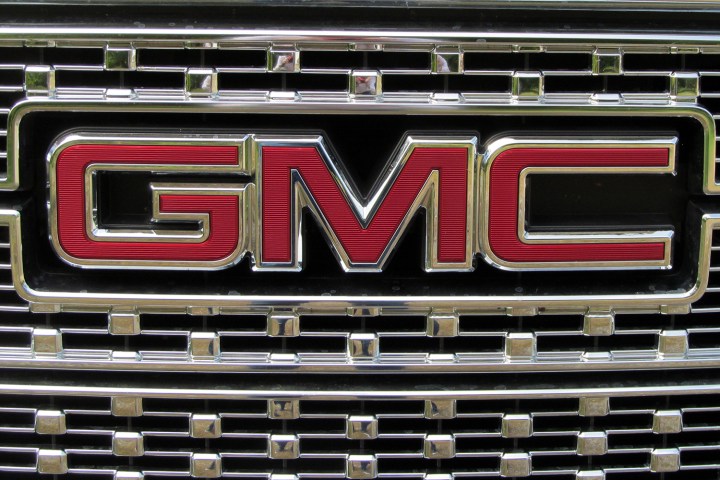
At the helm of this new venture will be Doug Parks, who currently serves as the vice president for global product programs. According to reports, Parks’ responsibilities will include overlooking “efforts to develop new electrical and battery systems and software” for the cars of the future.
Later this year, GM is expected to release the Chevrolet Bolt, a next-generation electric vehicle that would be able to go 200 miles on a single charge. The price tag currently sits at just $35,000 — considerably less than a Tesla would cost you. Other electric vehicles on the market today are capable of going only half the range of the Bolt — at least, at that price point.
And as far as autonomous cars go, GM has certainly made a number of moves in the new year that reflect its dedication to the new technology. Earlier in January, the car maker invested half a billion dollars in Lyft, with the hopes of developing a fleet of driverless cars that could be hired on demand.
We’re just a month into 2016, but it’s shaping up to be one of the more innovative years to date for the 108-year-old company. And as the firm continues to explore new possibilities in the realms of both electric and autonomous vehicles, GM just might be setting the trend for the next 100 years. So no — you won’t see the Super Cruise feature as soon as expected. But once this team has been given a little time, maybe you’ll see something even better.
Editors' Recommendations
- Don’t let the gimmicks fool you. The Ioniq 5 N is a serious track car
- Porsche’s most powerful production car is an EV
- Some on Apple’s failed car project reportedly had a cruel name for it
- Tesla Autopilot vs. full self-driving: What’s the difference?
- Waymo robotaxi attacked and set on fire in San Francisco


